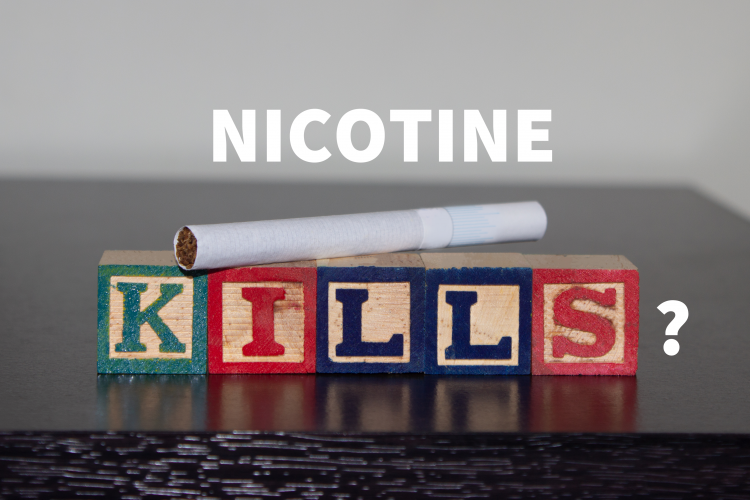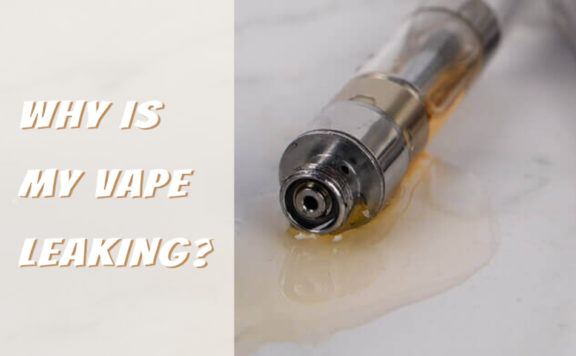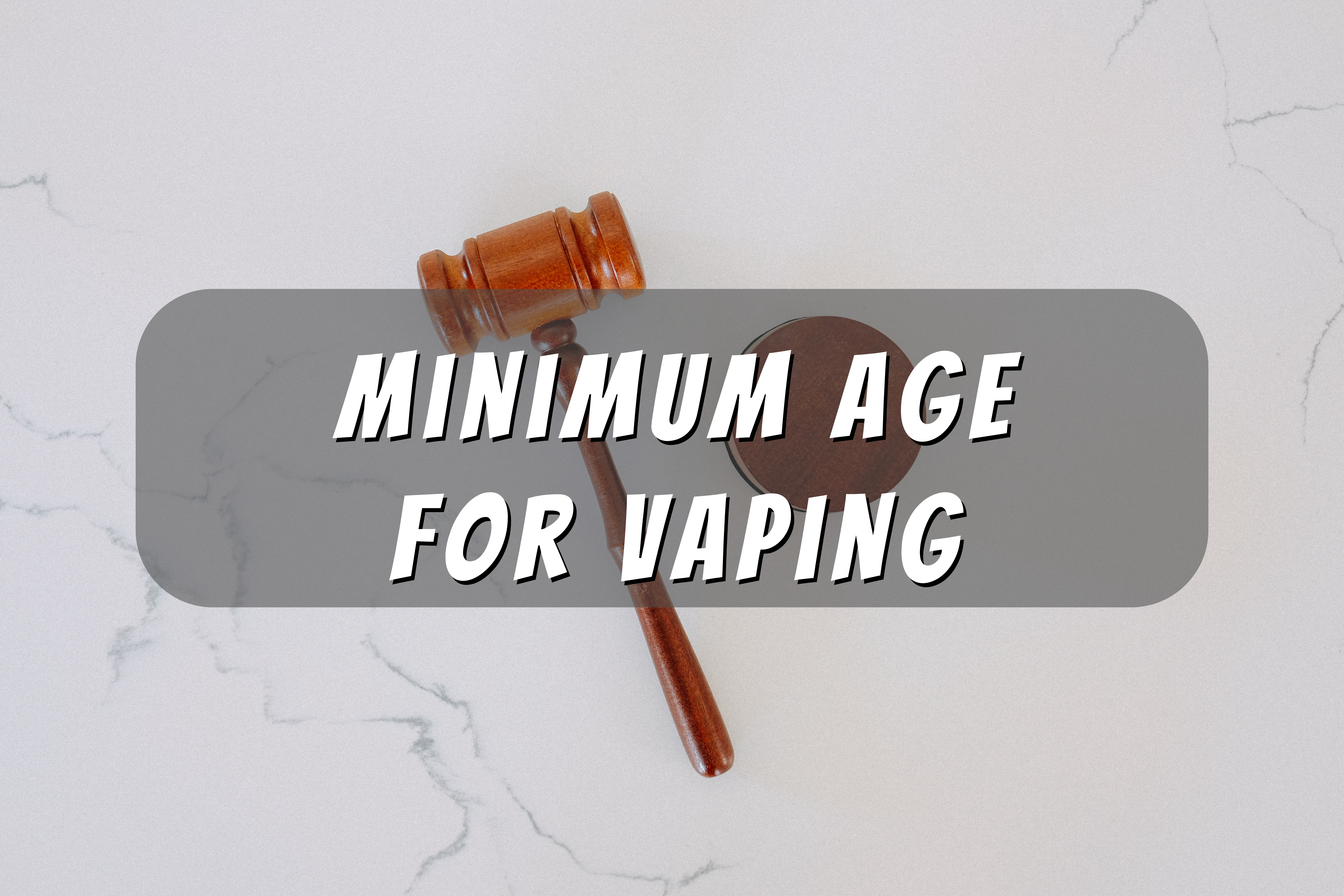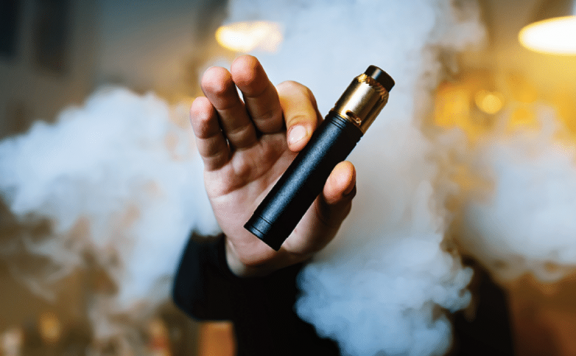Nicotine is one of the most discussed chemicals in cigarettes. Given smoking’s deadly harms to human bodies, it’s inevitable that the public would also give nicotine a dirty look. Some suspect that nicotine is as highly associated with lung cancer as cigarettes. However, that’s not the truth. Read on and you’ll learn whether there’s a link between nicotine and cancer.
Table of Contents
Does Nicotine Itself Cause Cancer?
That combustible cigarettes cause cancer is no secret. Kindled by the ubiquitous fears about smoking, the backlash has spilled over to nicotine, the very ingredient that hooks millions of smokers to cigarettes.
Lots of people naturally establish a link between nicotine and cancer as well. However, nicotine is actually scapegoated. The real insidious killer in cigarettes is other toxins such as tar and carbon monoxide. The former is a brown sticky residue that could blanket and damage the cilia of our lungs, and the latter is a poisonous gas. Carbon monoxide in large doses could lead to shock, since it always takes up too much space of oxygen in our blood.
Medical institutions have been endeavoring to dispel the misconception and erase the stigma of nicotine. Take the WHO’s International Agency for Research on Cancer as an example. It stressed that nicotine is addictive but there’s no direct link between nicotine and cancer. It also recommends Nicotine Replacement Therapy (NRT) as an effective medical means of helping smokers to quit.
Nicotine is a common chemical compound found in tobacco plants, and its effect is to make tobacco addictive rather than to cause cancer directly.
—International Agency for Research on Cancer
As you might have noticed, NRT has been widely accepted by hospitals nowadays. That’s another concrete proof of nicotine’s safety—it’s safe enough to be prescribed by doctors. NRT always comes in different forms with varying strengths, including gums, patches and spray. It helps a lot in relieving smokers’ cravings and gradually replacing their needs for cigarettes.
What are the Side Effects of Nicotine?
Even though nicotine is not carcinogenic, it has some side effects. The most notable one is its addictiveness. That’s why smokers would find themselves always trapped in painful nicotine withdrawal once they stop smoking. Addiction to nicotine makes smokers keep using cigarettes, and in turn constantly exposed to those deadly toxins.
In addition, nicotine is toxic in very large doses. Or to be more specific, it gets lethal when a roughly 150-pound adult consumes 60mg or more nicotine one day. In spite of the deadly risks from nicotine overdosing, we have no reasons for excessive worries. The daily nicotine intake of a smoker or vaper is nowhere near the ceiling of 60mg.
At last, nicotine also impairs children’s developing brains, and the damage could exist till their 20s. In this context, children should be kept away from nicotine products at any rate. Minors should also be kept away from vapes no matter if there is nicotine in them or not. There’s another astonishing finding from the Center for Disease Control and Prevention (CDC), saying that children are more likely to smoke in the future if they use nicotine delivery products, such as vapes, at their adolescence.
How Long Does Nicotine Withdrawal Last?
The nicotine withdrawal following the smoking cessation may last for four weeks on average. If you take a complete cut-off in nicotine from the very beginning, the symptoms, such as headaches and fatigues, could be very intense within the first three days. The situation will pick up from the third week on.
Of course, you can also take a progressive approach to weaning off cigarettes with the help of NRT or vapes. If you choose the latter, remember to gradually reduce the nicotine strength of the e-liquid you inhale in until you can vape without nicotine.







